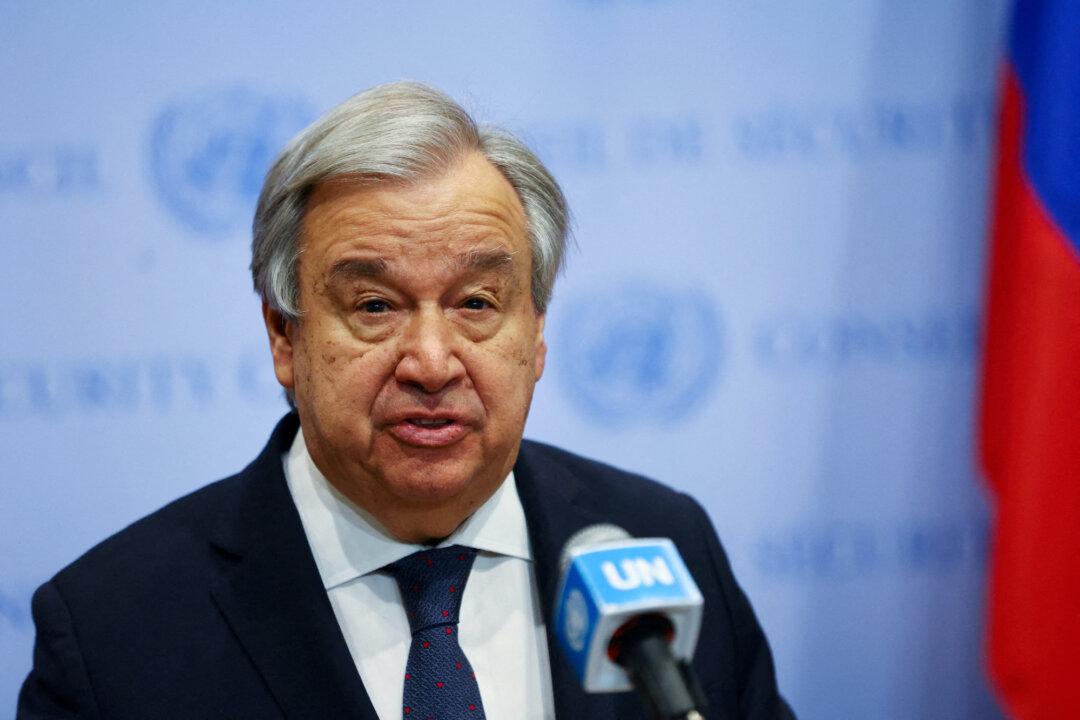United Nations Secretary-General Antonio Guterres, proposed a “Global Digital Compact,” (GDC) to push sweeping international laws against “hate and lies” online.
“The proliferation of hate & lies in the digital space is causing grave global harm. This clear & present global threat demands clear and coordinated global action. We don’t have a moment to lose,” he wrote in a tweet announcing the compact.The UN policy brief, which was released on June 12, called for handing control of the internet to international bodies, as part of the UN’s 2030 Agenda.





